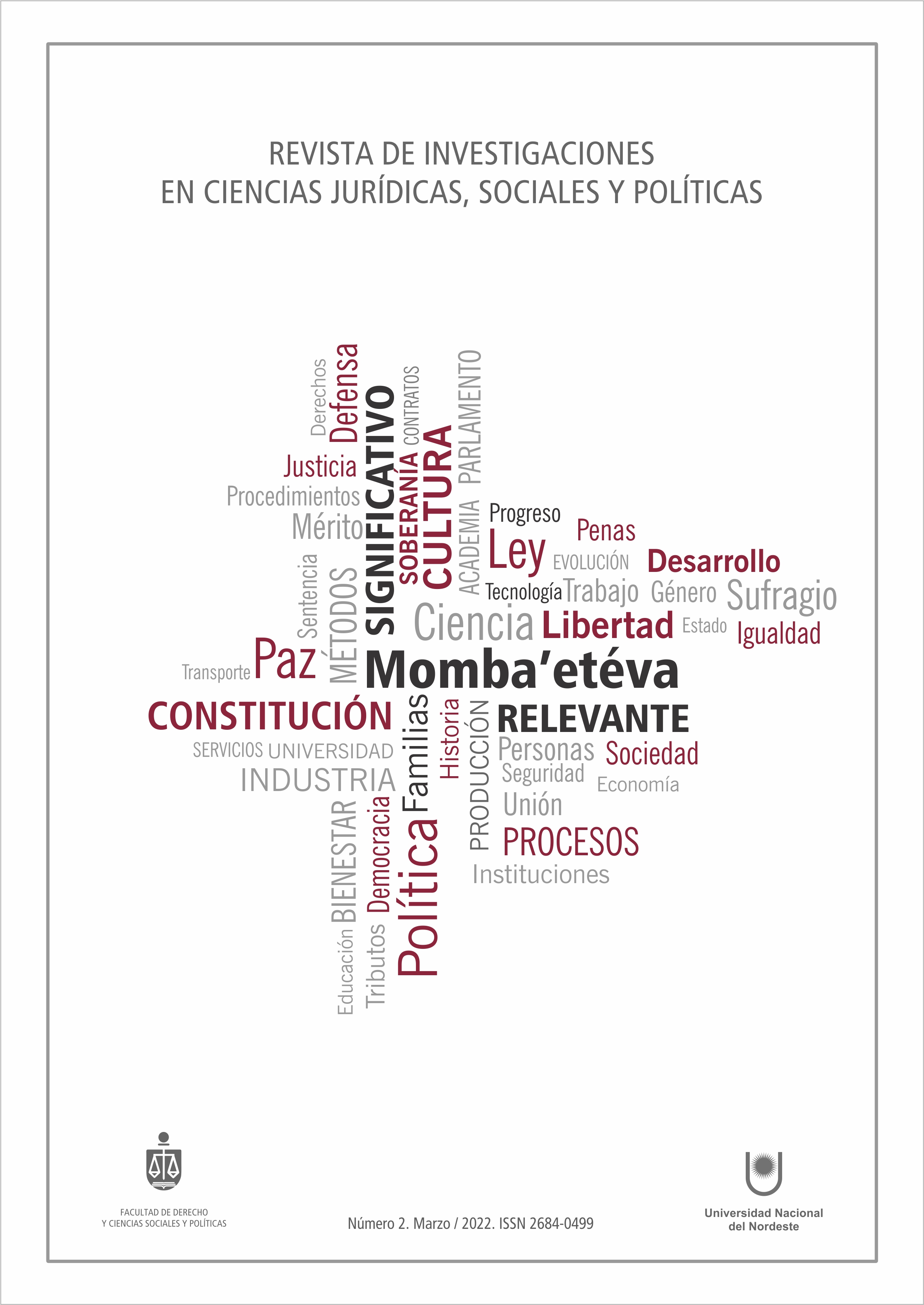PEASANTS’ RIGHTS TO AGROBIODIVERSITY AND GENETIC UNIFORMIZATION: A CRITIQUE OF CURRENT SEED AND CULTIVAR LEGISLATION IN BRAZIL AND ARGENTINA
DOI:
https://doi.org/10.30972/mom.125857Keywords:
UPOV. Seeds. Cultivars. Food sovereignty. Agrobiodiversity.Abstract
This article aims to demonstrate how the Brazilian and Argentinian legal systems have contributed to the commodification of seeds, resulting in a loss of biodiversity and violations of farmers’ rights. Legislation surrounding seeds and cultivars in both countries were analyzed and compared in order to demonstrate their contribution to reducing the amount of seed available to be used as agricultural inputs. Authors such as Juliana Santilli, Tamara Perelmuter, Philip Mcmichael and Dardot and Laval were used as principal theoretical references. A document review and semi-structured interviews carried out in Argentina and Brazil were part of the research methodology used. Access to legislation and academic reflections produced in both countries was also obtained, as well as the positioning of different actors in civil society, the market, and government with regards to these issues. This article will first seek to address similarities between seed legislation in Brazil and Argentina. Next, it will demonstrate the how such legislation compromises agrobiodiversity. Finally, the manner in which current seed legislation disregards the rights of farmers and puts agrobiodiversity at risk by favoring the commodification of seeds and genetic erosion will be considered within the context of the interviews that were carried out.

